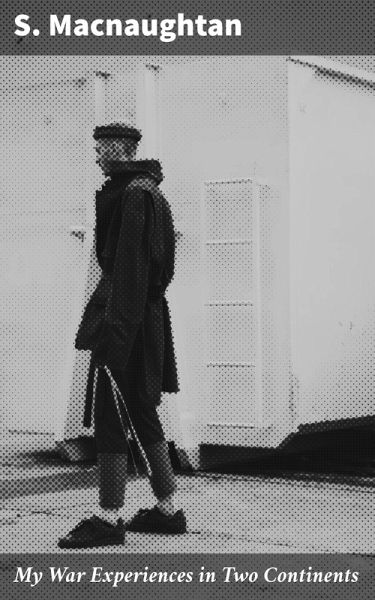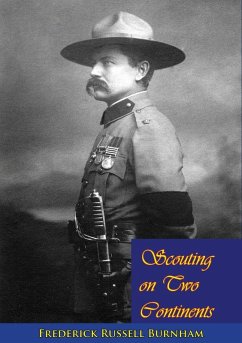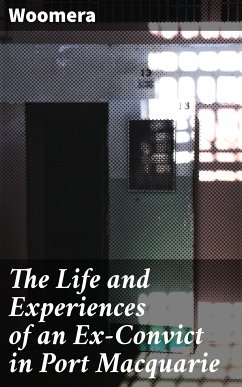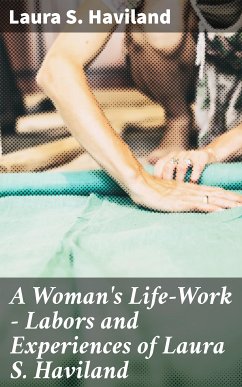
My War Experiences in Two Continents (eBook, ePUB)
A Gripping Memoir of Wartime Resilience and Humanity
Redaktion: Salmon, Betty Keays-Young

PAYBACK Punkte
0 °P sammeln!
In "My War Experiences in Two Continents," S. Macnaughtan presents a profound exploration of the personal and collective impacts of war across varied landscapes. Through a vivid and immersive narrative style, Macnaughtan combines gripping prose with descriptive eloquence, allowing readers to experience the psychological and physical tolls of warfare. Set against the backdrop of both European and colonial theaters of conflict, the book captures the dichotomy of war'Äôs romanticism and brutality, contributing to the scholarship of early 20th-century war literature while drawing parallels to hi...
In "My War Experiences in Two Continents," S. Macnaughtan presents a profound exploration of the personal and collective impacts of war across varied landscapes. Through a vivid and immersive narrative style, Macnaughtan combines gripping prose with descriptive eloquence, allowing readers to experience the psychological and physical tolls of warfare. Set against the backdrop of both European and colonial theaters of conflict, the book captures the dichotomy of war'Äôs romanticism and brutality, contributing to the scholarship of early 20th-century war literature while drawing parallels to historical events and human experiences that continue to resonate today. S. Macnaughtan, a seasoned writer and fervent observer of the human condition, crafted this memoir after serving in the Great War and witnessing its destructive aftermath. Her background as a journalist informed her keen observational skills and allowed her to engage with various cultures during her travels across continents, providing a rich tapestry of experiences that influence her poignant reflections on the nature of conflict and resilience. Living through tumultuous times, Macnaughtan becomes both a chronicler and an advocate for those caught in the throes of war. This compelling work is essential for readers interested in the personal narratives of war and the complexities of human emotion during times of conflict. It offers insights that transcend historical boundaries, urging contemporary readers to reflect on the enduring consequences of warfare. Macnaughtan's account is not only a historical document but also a timeless commentary on human tenacity'Äîmaking it a must-read for anyone seeking profound understanding of the war experience.
Dieser Download kann aus rechtlichen Gründen nur mit Rechnungsadresse in A, B, BG, CY, CZ, D, DK, EW, E, FIN, F, GR, H, IRL, I, LT, L, LR, M, NL, PL, P, R, S, SLO, SK ausgeliefert werden.













